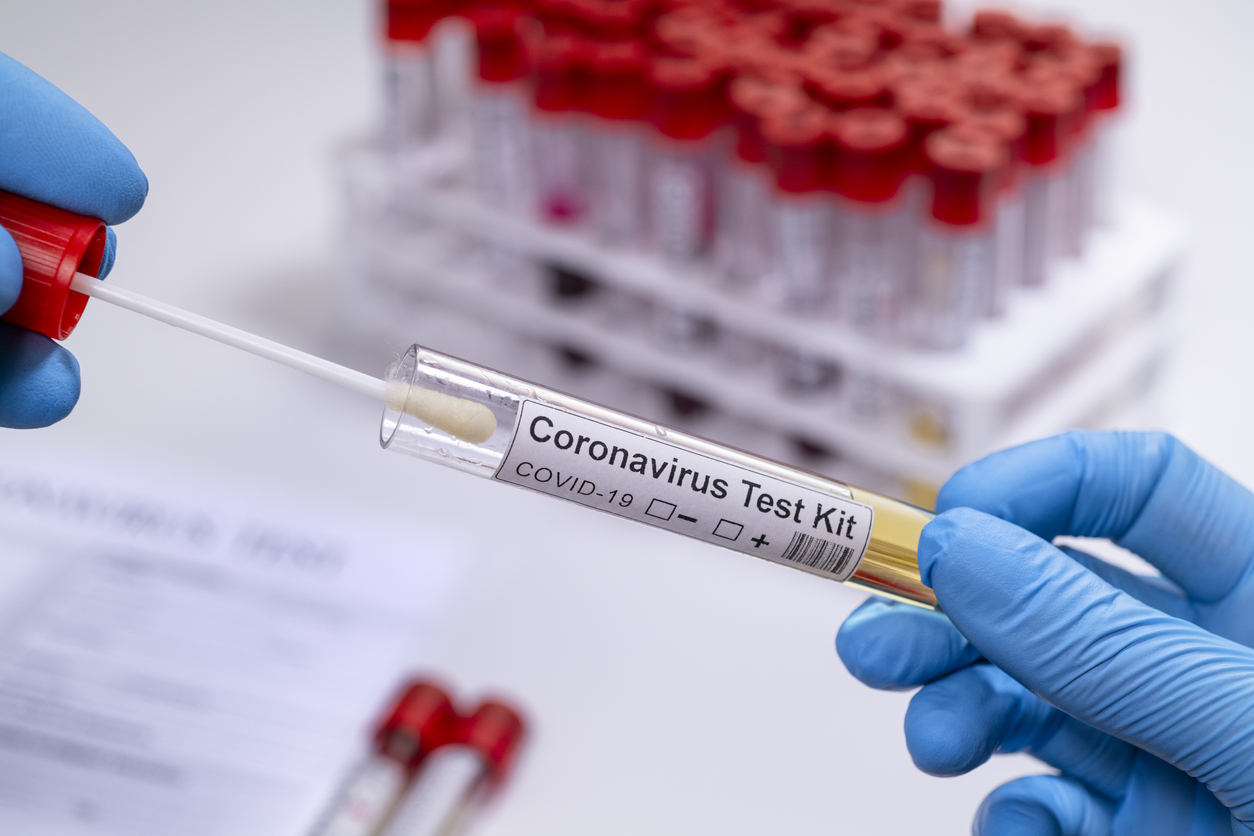
Cong alleges scam in COVID kits supply, asks Centre to show purchase details

The Congress on Monday (April 27) alleged gross irregularities in the supply and distribution of COVID-19-related equipment in the country and demanded that the government makes public details of all purchases made in the last one month to fight COVID-19.
Congress leader Rahul Gandhi alleged that some people were involved in profiteering while supplying rapid test kits for COVID-19 to the government and demanded that the Prime Minister take strict immediate action against them.
The Congress cited media reports about rapid test kits for COVID-19 being sold at around 150 per cent profits to the government and asked Prime Minister Narendra Modi to fix responsibility for the same. “When the entire country is fighting against the COVID-19 disaster, some people are still profiteering. One detests and feels ashamed of such a corrupt mind set. We demand from the prime minister strict action against these profiteers. The country will never pardon them,” Rahul Gandhi said in a tweet in Hindi.
Related news: Clear bottlenecks to speed up COVID-19 testing: Rahul
Congress chief spokesperson Randeep Surjewala also said it was “shameful and inhuman” that people were supplying test kits bought for ₹225 at ₹ 600 to the state exchequer.
“Corruption in Corona Testing Kits OR Profiteering by duping the Exchequer. Import Price of 1 Testing Kit= ₹ 225! Purchase Price of Testing Kit= ₹600! Profit Margin = 166.66 pc! Shameful and Inhuman! Will PM fix responsibility,” he said on Twitter.
Congress spokesperson Manish Tewari said the government should ensure that huge profiteering in procurement of equipment for fighting COVID-19 be stopped immediately.
“There seems to be absolute anarchy in procurement of equipment for fighting COVID-19,” he said at a press conference via video conferencing. “We would like to demand from the Health Ministry and the government to make public all procurements made with regard to equipment to fight COVID-19 for testing, PPEs and ventilators. All those transactions must be transparently placed in public domain,” he said.
Referring to a company engaged in supply of testing kits, he alleged that kits purchased at ₹245 were being sold by the same company to ICMR at ₹600 each while the same to Tamil Nadu government were sold at ₹400 each.
He said the matter came to light in a petition before the Delhi High Court by a company supplying such equipment. “This is an extremely serious matter which hurts the fight of India against COVID-19,” he said, adding, that “our country’s resources are scarce and we have to optimise the resources and not allow companies to make arbitrage of over 60 per cent in these transactions.”
The case of ‘faulty’ PPEs
Quoting a letter by the director general medical education in Uttar Pradesh, Congress leader Priyanka Gandhi said ‘faulty’ Personal Protective Equipment (PPE)s were supplied to medical colleges in Uttar Pradesh and asked the Yogi Adityanath government if those behind the “scam” will be punished.
Priyanka through a series of tweets accused the Uttar Pradesh government of being concerned about who leaked the information rather than go behind the scam. She shared the letter by the director general of medical education that had got leaked in public domain and another by the Uttar Pradesh government later seeking to inquire who was behind the leak.
“Faulty PPEs were supplied to many medical colleges of Uttar Pradesh. It was good that this was detected early and the same were returned and no one could play with the safety of our warrior doctors. Surprisingly, the UP government is not bothered about the scam but is concerned about who leaked the information about these faulty kits,” she said in a tweet in Hindi.
Related news: UP hospitals allege state agencies supplying substandard PPE kits
“It was good that the news came out, otherwise the issue of faulty kits would not have come to light and would have been pushed under the carpet. Will the perpetrators of this face action,” she asked while sharing the letters.
(With inputs from agencies)

